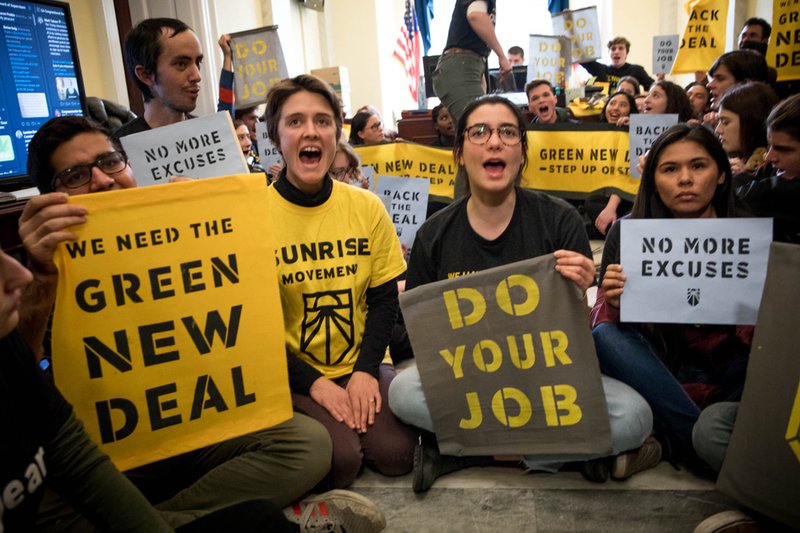
Rachael Warriner / Shutterstock.com
Feb. 20, 2019
Mark Schmitt contemplated the politics behind the "dignity of work" for Vox.
Social insurance programs recognize defined exceptions to the rule of work: Education (usually in the early stages of adult life), retirement (nearer the end), and disability. Paid family leave would add a fourth. Unemployment insurance provides temporary support for people who have worked steadily for years and who can show they’re looking for work. Tax-advantaged savings programs, which have been the main tool of social policy in recent decades even though they overwhelmingly benefit the upper-middle class, similarly target benefits for specific life events: college education, retirement.
But life can be more complicated than these categories allow. There are situations like the one Weigel identified when, a few years short of Social Security eligibility age, we find our experience or credentials no longer in demand. There are moments when we simply must quit a job, without a plan, for our own mental health, perhaps because of an abusive boss. Maybe we need to go spend six months with a relative who is recovering from postpartum depression or a drug overdose. Our child is having a hard time in second grade and we really need to be home for her at 3:00. We might even want to take a year to write a novel. There’s no reason to discourage that, even if after a year we discover that fiction isn’t our genre.
One policy approach would be to build new programs that target these needs, such as very flexible family leave or some provision for earlier retirement, starting by lowering the eligibility age for Medicare. The political process might recognize a wider range of legitimate excuses for not working, even if novel-writing won’t be one of them. The point is, these are just examples of the many unpredictable circumstances in which we might find ourselves not quite “unable to work,” but far better off — and other people would be better off — if we could step out of the market economy for some period of time.